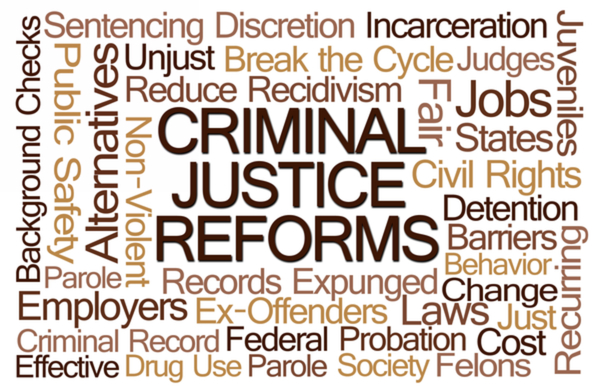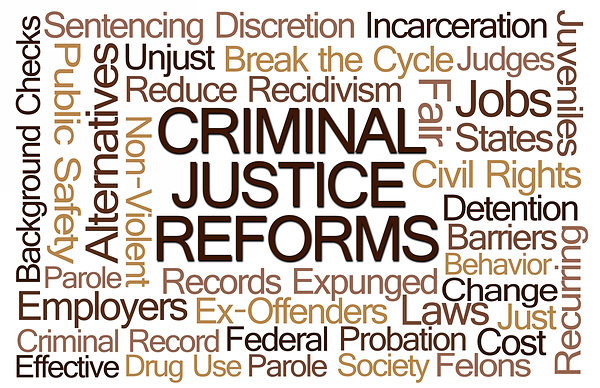Although it’s a very serious offense, a charge of DUI (driving under the influence) or DWI (driving while intoxicated) is classified as a misdemeanor in most states. However, circumstances can arise that will elevate the charge to the level of felony. Because of the increased seriousness of the charge, a conviction for felony DUI carries far stricter penalties and farther-reaching consequences. The specifics of felony DUI vary by state, so it’s imperative that you understand felony DUI laws as they apply to you and your state.
Common Factors that Lead to a Felony DUI Charge:
BAC
While every state currently uses a .08 percent blood alcohol concentration (BAC) limit for the charge of DUI, many states will up the charge to felony DUI if your BAC far exceeds that limit (.16 percent is often the breaking point). Though not every state employs this law, nearly every state will impose harsher penalties for an elevated BAC.
Causing Bodily Harm
Some states will raise the DUI charge to the felony level if you’ve caused someone else bodily harm while driving under the influence.
Prior Convictions
If you have multiple prior convictions (and possibly just one prior conviction) within a certain timeframe, most states will up the DUI charge to felony DUI. The number of prior convictions and the amount of time allowed varies significantly from state to state.
Driving with a Child or Children in the Vehicle
Many states have laws in place that make it a felony to drive while under the influence if you have children in your vehicle (the trigger age for this law varies from state to state).
Driving with a Restricted, Suspended, or Revoked License
Many states will elevate the DUI charge to felony DUI if you are driving on a restricted, suspended, or revoked license.
If you are someone you care about is facing a felony DUI charge, you need experienced legal counsel.
Call 856-795-9688 to Schedule a Case Evaluation Today
If you are facing a felony DUI charge, it’s in your best interest to seek professional legal guidance. Consulting an experienced New Jersey criminal defense lawyer who’s skilled in fighting felony DUI charges can be instrumental in strategically defending your case. Robert E. DePersia, II, a New Jersey criminal defense attorney with decades of experience, has the expertise in felony DUI charges to help you effect the best possible outcome for your case. If you’ve been charged with felony DUI in New Jersey, call the Law Office of Robert E. DePersia, II at (856) 795-9688 and schedule your consultation today.











